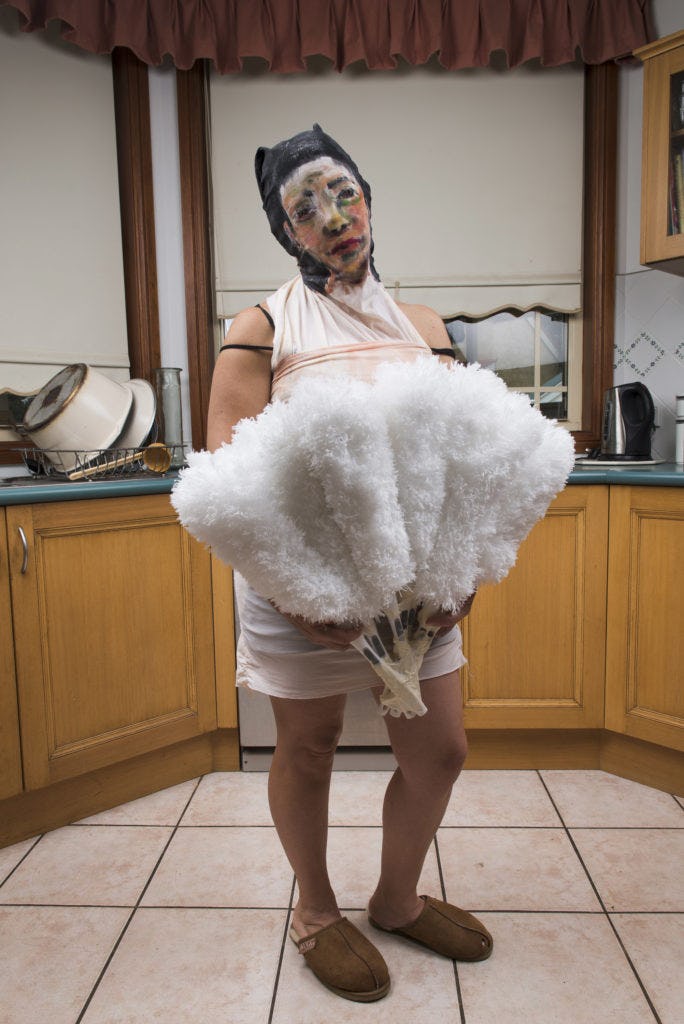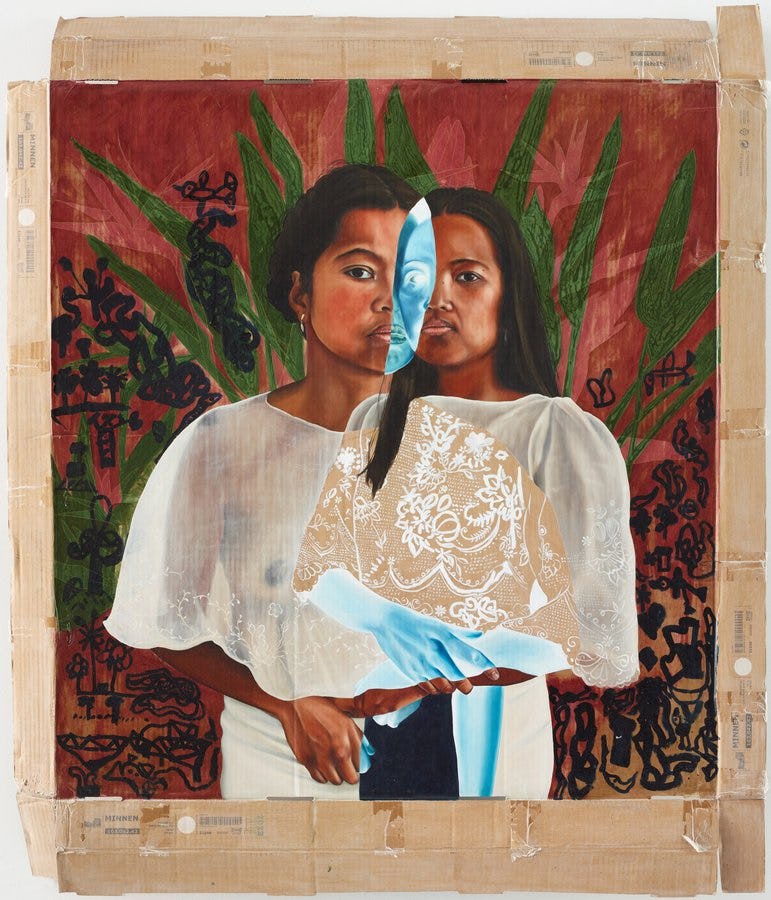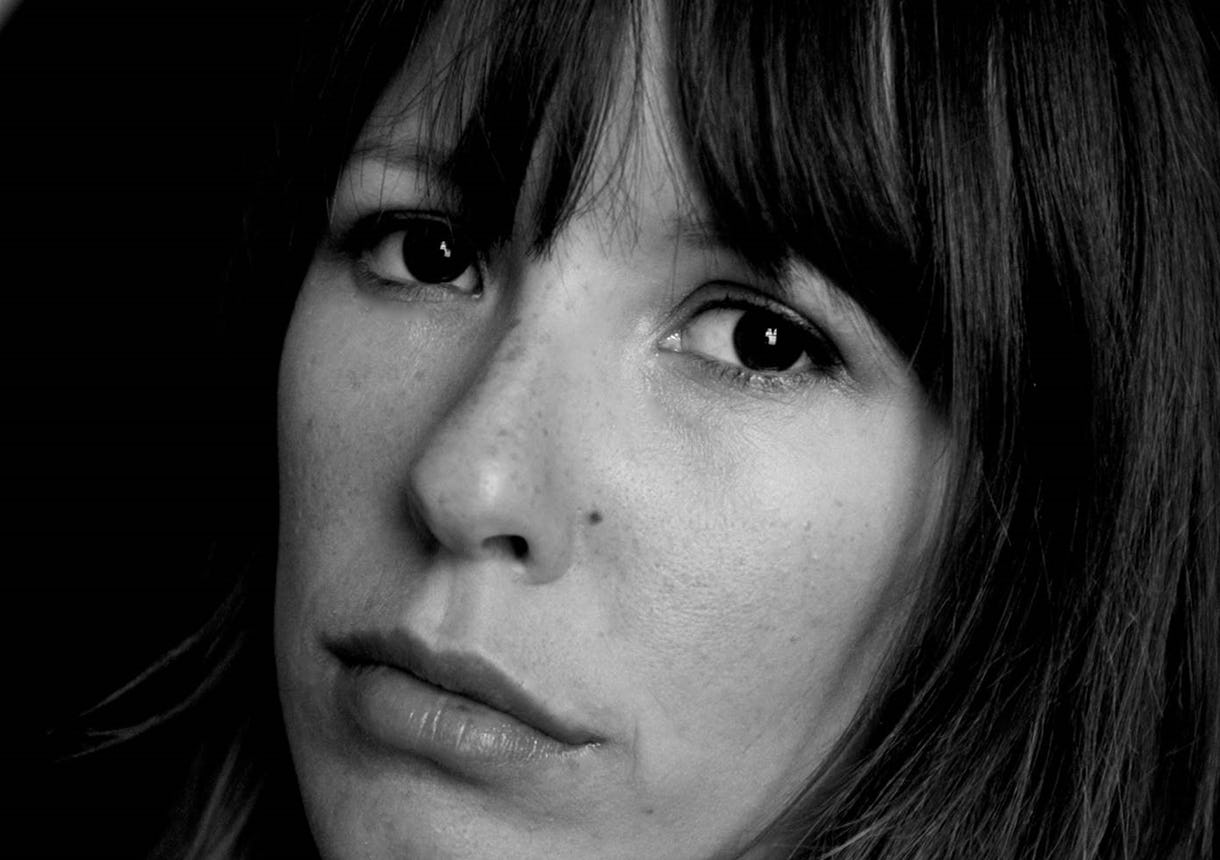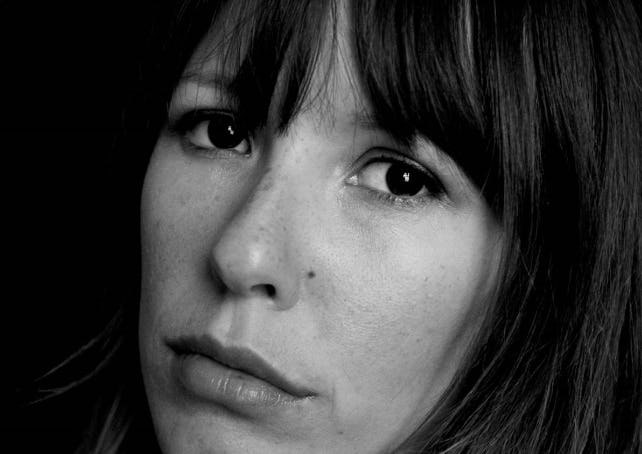Griffith Review
A bird flew from the mournful left
'Whenever I see ibises, I wonder whether they are so loathed and ridiculed because they are a daily reminder of these environmental crises and our role in creating them...Every year, about twenty-six million people are displaced by natural disasters, with around twenty-two million of these caused by climate- and weather-related events, a figure expected to increase over the coming decades as climate change exacerbates existing threats like food security, poverty and rapid urbanisation.'
Sinking below sight
'"People think, oh, you drink your money. Or it's a ‘budgeting issue’. But you use your cash card once a week, on payday, and then you don't use it again, cos it's empty. I don't think people realise how hard it is, not being able to provide. If I have to put my phone into hock so the kids can go on excursions then I will. Nobody rings you anyway, there's no petrol to go anywhere and no money to do anything, so you just sit home."'

Domestic. Surburban. Mother.
When I interrogated [Linda Brescia] and the other mother artists in Sydney’s west about how we (I?) could keep on making art she responded: 'I consider myself a feminist but I’m the one who scrubs the toilets.' In my mind that line is essentially what all her art is about – that seemingly contradictory position of being a deeply political feminist and knowing that at the end of the day you’re still responsible for cleaning the shit.

Conflicted Feelings: in conversation with Marikit Santiago and her work
Instead of separating out the different parts of her life, Santiago finds ways to 'live across', and this has led her to consciously bringing her children in as collaborators as well as subjects. Her depiction of them in The divine – awarded the prestigious Sulman Prize in 2020 – is their most notable appearance. The painting is a profound expression of maternal love as well as a meditation on legacy and the idea of original sin as 'an inherited condition' that spans generations.
Things of Stone and Wood and Wool
Following the burial at a local cemetery, we were invited back to the community hall, where we enjoyed food and stories about the life of my friend’s father. I noticed a wooden table where a range of items had been placed: books, hand tools, photographs and other second-hand objects you might find at a garage sale. My friend took me over to the table and explained that each of the items had belonged to her father and held particular significance for him and his family. I was invited to choose an object and take it home with me as an act of commemoration. I hesitated. It didn’t seem right that I should take something personal belonging to a man I’d hardly known.
By the Guest Editor: Discrimination and the Body
This edition of The Circular has been curated by Fiona Murphy. To close, we’d like to share her essay on how Australia’s migration policy discriminates against people with disabilities. At first glance, the selection criteria may seem fair compared to the racist legislation of previous years. But:
We replaced the White Australia policy with the Able Australia policy. The ableism agenda is not hidden. It sits boldly in the legislation. The Migration Act 1958 is exempt from the Disability Discrimination Act 1992. Discrimination against disability is entirely lawful. In fact, it is routine.
(Note: this essay will be out from behind the paywall for the next two weeks. Many thanks to the Griffith Review.)

Decolonising the Shelf
I want to look closely at who we are now, where we’ve come from, where we’re heading. I want to look at our writing, our languages and our wider story to try to understand it all myself. To celebrate that great canon so many people never knew or still don’t know, the books that us contemporary First Nations writers carry on our backs – just as we carry the past, and our ancestors’ stories too.
(Note: This is the introductory essay of Tara June Winch’s eight-part series. To access all the essays in order of publication, visit Winch’s website.)
On 'Ninu' and 'Two Sisters'
Together they are two of the most significant female stories that our country is honoured to have in print today. They are epics of survival, by turns tragic, instructional, emotive, educational and soaring. They demand a readership.
In the seventh essay of her eight-part series, Tara June Winch calls attention to two important autobiographies, both published by Magabala Books – one written in English interspersed with Pitjantjatjara by Nura Nungalka Ward, and one written in English interspersed with Walmajarri about the lives of two sisters, Ngarta Jinny Bent and Jukuna Mona Chuguna.
No Limits: Trans Sporting Lives
In this essay about being trans and loving sport, Ellen van Neerven identifies the regulations and attitudes that bar trans people from the fulfilment to be found in athletic activity and sport communities. Included are conversations with Maddee Clark, Zakaria Shahruddin and Louis Blake.
My utopia isn’t a trans utopia. My utopia is a utopia where everyone gets to find pleasure and joy in moving their body, be aggressive and be strong and be together in that space despite their gender. Which in itself is a trans utopia. It’s my utopia and I happen to be trans. This is what I hope for the future.
(Note: Thank you to Griffith Review for granting temporary free access to this essay.)
Mykaela Saunders on Eckhart Tolle: Everywhen – Against 'the Power of Now'
Colonial capitalism has always been obsessed with dissecting bodies, blood, land and time, with reducing everything to the smallest units to commodify or study, as if a part can or will teach us about the whole. This is the colonial archive at work.

For the Love of Our Children: from a special series in celebration of the International Year of Indigenous Languages
This is our call to action: to read these books, to support the industry, to talk about language with our leaders and teachers and the caretakers of our children. To decolonise our shelf is not to rewrite history, but to learn it, finally. Letting all our kids have a truthful chance at understanding the past and creating a brighter future.
Extending the idea of language as love, Tara June Winch compellingly writes about our obligations to future generations to honour Indigenous languages and stories.
By the Guest Editor: Disrupting the Colonial Narrative
This edition of The Circular was curated by Merinda Dutton. To close, we share her essay on writing as a means for First Nations individuals to reclaim sovereignty. She also observes that settlers should do more than merely consume First Nations writing; they should take meaningful action in response.
The future is as yet undetermined: it will be shaped by our actions and ideas – here, now. And whatever reality we ultimately manifest will have been formed in our dreams and imaginings first. That First Nations peoples have tested and are testing the limits of our existence is not only an exercise in truth-telling but also in futurism...Through writing and storytelling we illuminate aspects of history that have remained invisible and are able to envision ourselves as our sovereign, whole selves.
Whether there is a place for settlers themselves in First Nations futures remains to be seen.
Ngumambinya: Trust for Help
Heiss articulates Aboriginal values as being about community and not the individual. In this compelling essay, Heiss puts forward the idea of learning language as an act of sovereignty, within which one can embody Aboriginal values including respect, love, unity and care for each other.